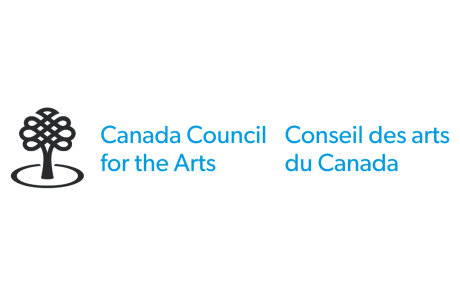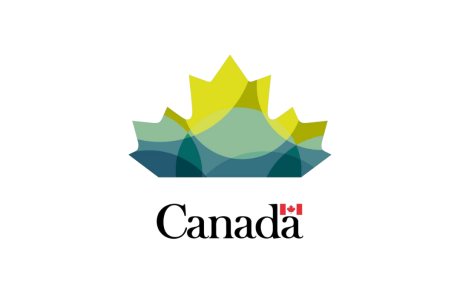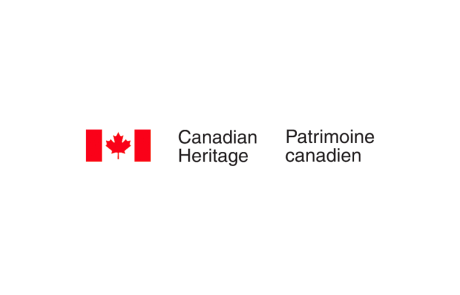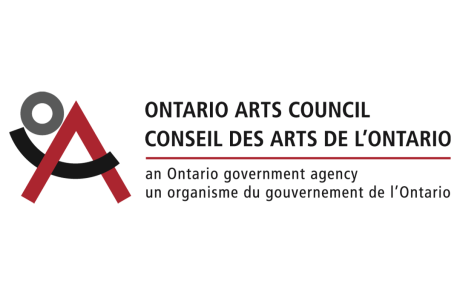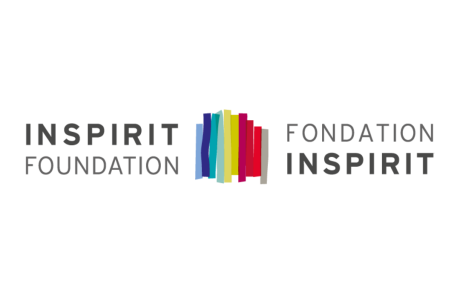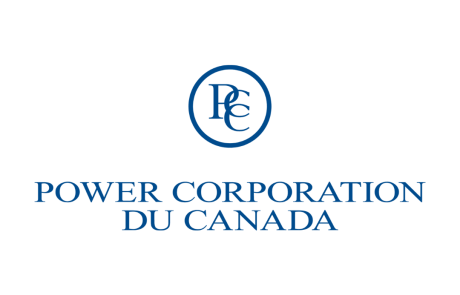Echo Lines: Curatorial Mentorship Reflection
This spring, the Indigenous Curatorial Collective (ICCA) launched Echo Lines, a curatorial mentorship project rooted in collaboration, connection, and community. Designed to support early to mid-career Indigenous curators, the program paired mentees with experienced Indigenous curators to co-develop exhibitions that opened during the Against the Current Artist-Run Centres (ARCA) conference in Ottawa.
While the planning timeline was tighter than expected, the results speak volumes: three original exhibitions brought to life through Indigenous mentorship, artistic collaboration, and the strength of our artist-run community.
Mentorship That Moves Through Community
Echo Lines paired mentees and mentors in curatorial collaborations grounded in care. With the support of ICCA, each curatorial team partnered with an artist-run centre to exhibit new work, timed with the ARCA national conference. Our mentees received full conference access along with travel and accommodation support—key to ensuring they could be fully present for their openings and community-building.
For many, this was a first time being in the same space as national organizations like RCAAQ, AGAVF, ARCCO, and CARFAC National. For all, it was a chance to grow, share stories, and show up as part of a wider Indigenous arts movement.
What We Learned (and Who Made It Happen)
With just two months to plan what was originally meant to unfold over seven, our teams had to move fast and think creatively. And they did. What unfolded behind the scenes was a testament to how Indigenous-led collaboration works under pressure: through kinship, hustle, and commitment to the work.
Malaya and Linda worked together to exhibit prints and sealskins—Malaya even organized a trade with a local framer and sent materials via a family member on a commercial flight to reduce shipping costs.
Cass and Feather created a multi-sensory show that included augmented reality. Cass skipped conference events to personally install exhibit text and tech elements.
Dani and Joi coordinated directly with SAW Centre and Optima to produce and install large vinyl banners, managing logistics across artist, venue, and printer.
These names and their work will ripple forward through our network for years to come.
It wasn’t always easy: exhibition space was hard to lock down, and printing at scale came with technical hurdles. But our curators, ICCA team, and venue partners stayed flexible and creative. We’re proud of the shared effort that made these exhibits possible.
Looking Ahead
We’re so grateful for the feedback our curators shared with us—it’s shaping how we think about future mentorships.
Some of the ideas they raised included:
Offering more transparent and detailed budgets from the outset of the project
Planning for earlier and more robust social media promotion
Being thoughtful about how we differentiate compensation between mentors and mentees
Introducing optional themes in future mentorship cycles, since this cohort naturally formed around a powerful all-femme team
We’re listening closely. And we’re learning.
We also saw the need to provide clear tech specs for things like print resolution and large-format installation—so we’re looking at developing practical guides for future curators to help eliminate last-minute barriers to production.
At its core, Echo Lines reminded us that mentorship is not a one-way street. The generosity, problem-solving, and brilliance of everyone involved continues to shape our work at ICCA—and reminds us why Indigenous-led arts organizing is essential.
To our curators, artists, mentors, partners, and funders—thank you. Let’s keep building together.
 Nandini Gokhale is an emerging museum technician and administrator living in Vanier. As a graduate from Algonquin’s museum studies program and Carleton’s Bachelor of the Humanities, she has worked on projects ranging from archaeological object conservation to research and development for digital installations. She is interested in continuing to expand her exhibit installation technician skills while also becoming more involved in exhibit development projects.
Nandini Gokhale is an emerging museum technician and administrator living in Vanier. As a graduate from Algonquin’s museum studies program and Carleton’s Bachelor of the Humanities, she has worked on projects ranging from archaeological object conservation to research and development for digital installations. She is interested in continuing to expand her exhibit installation technician skills while also becoming more involved in exhibit development projects.
Partner Galleries





